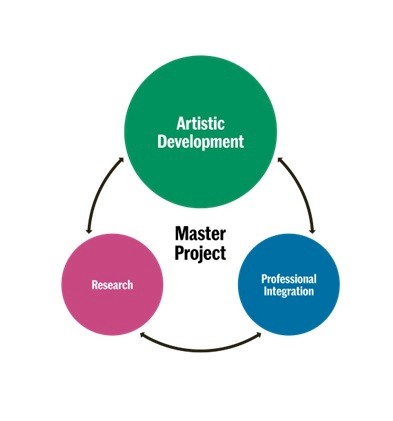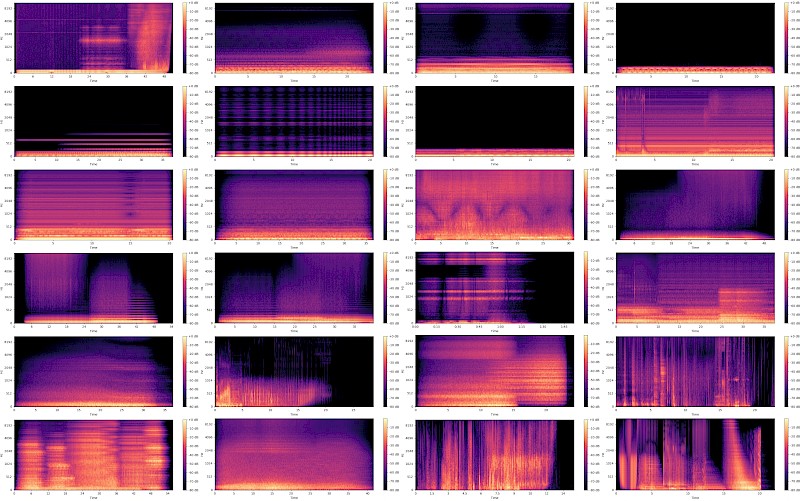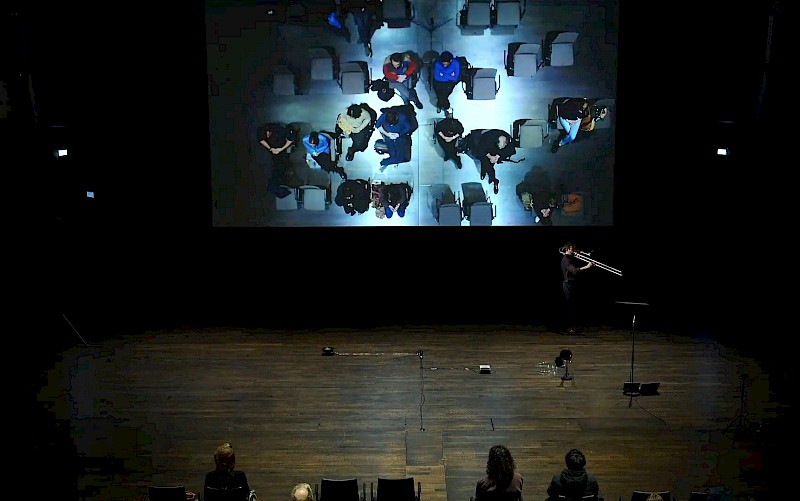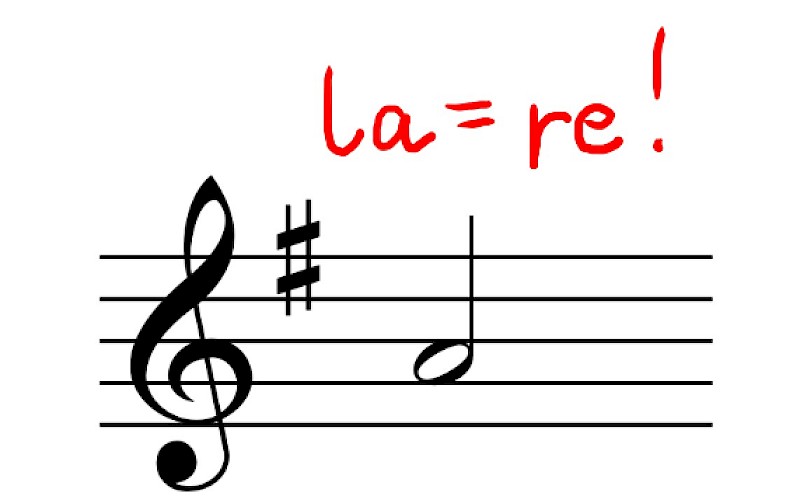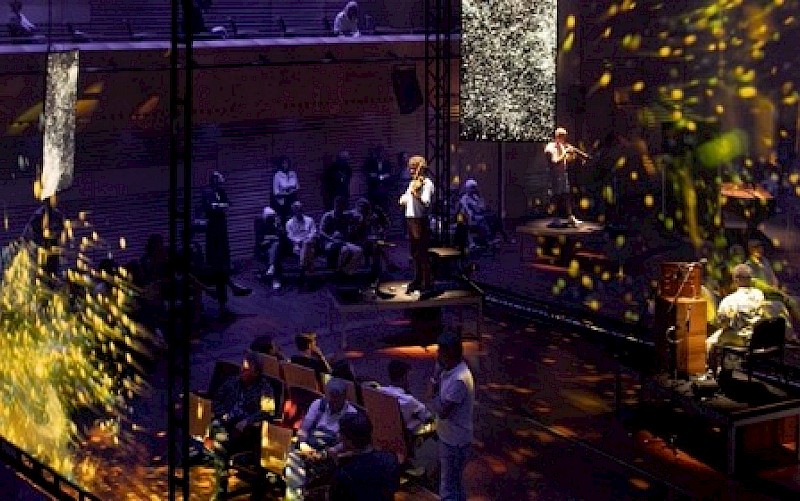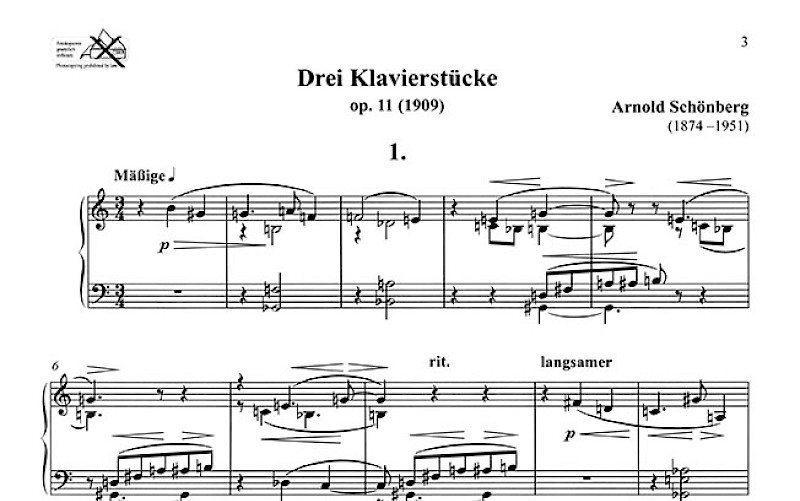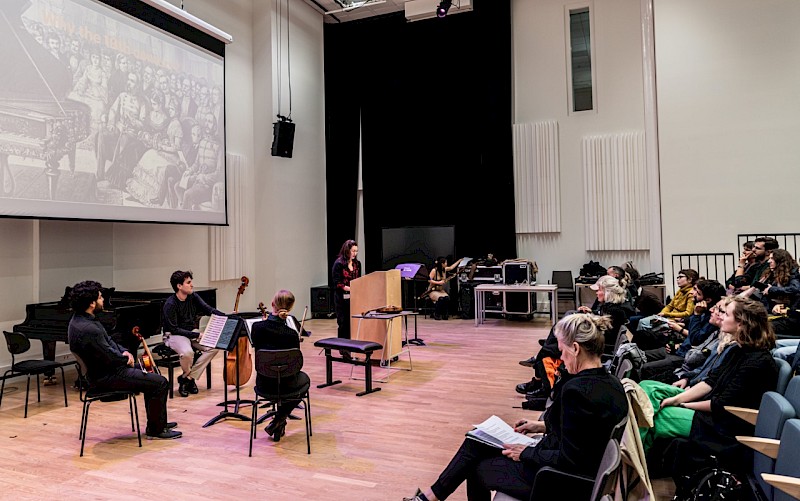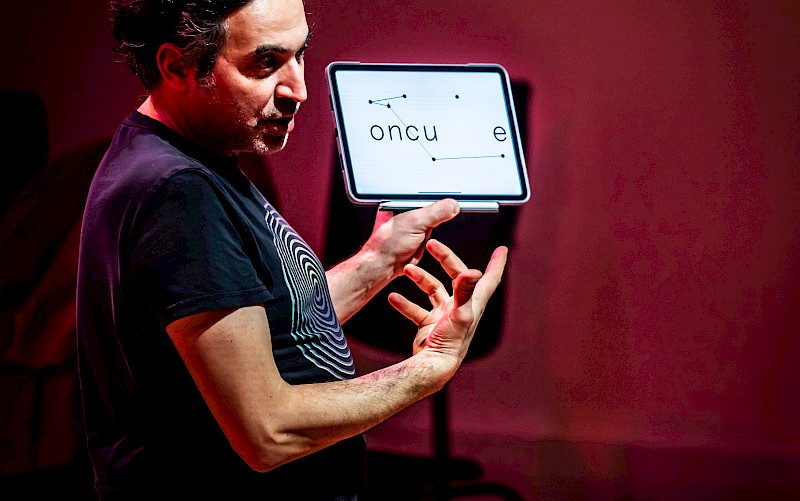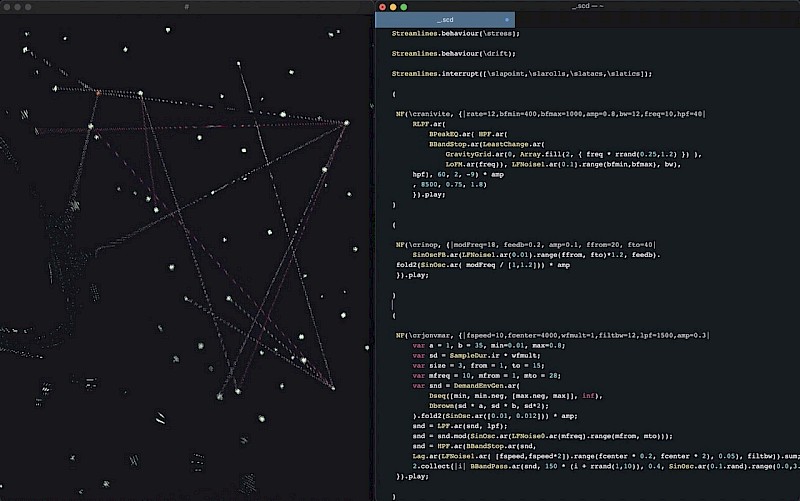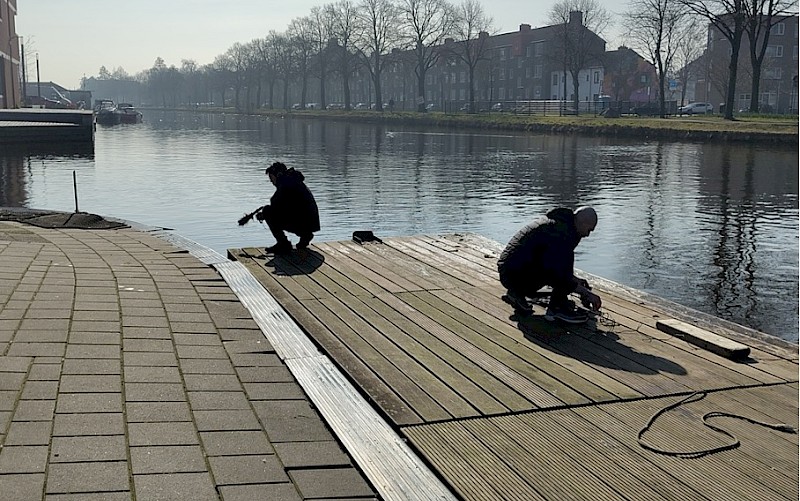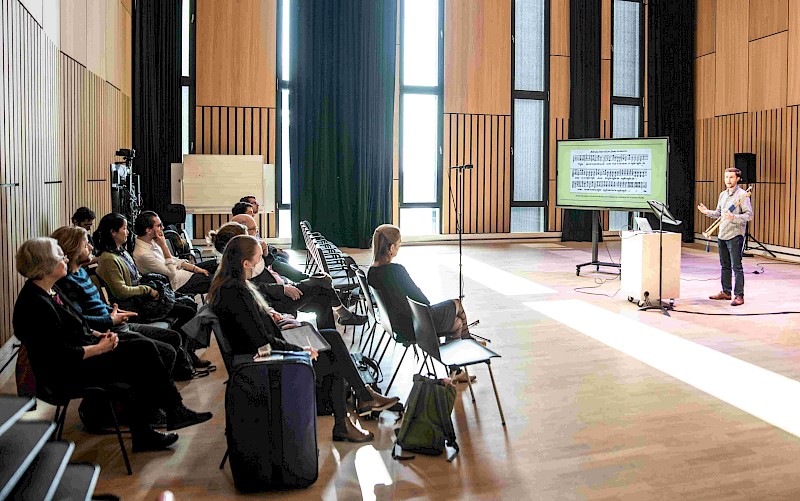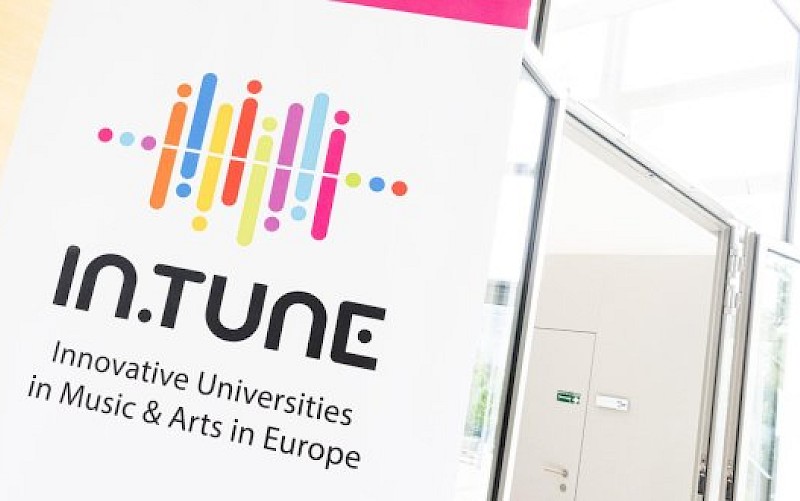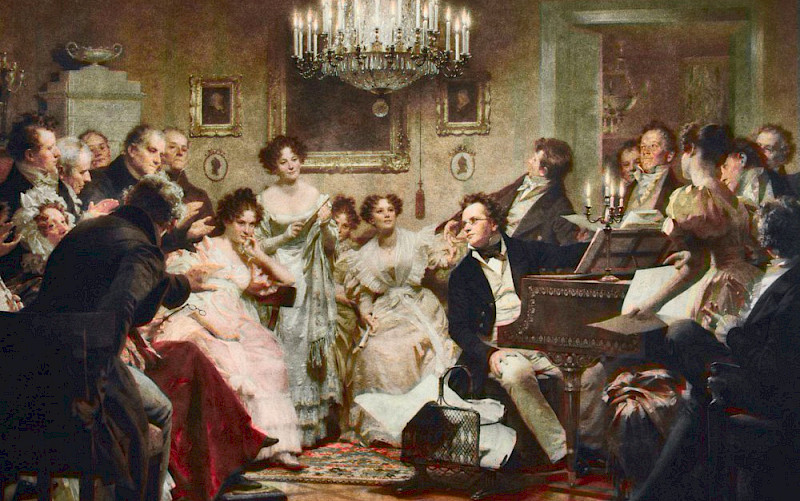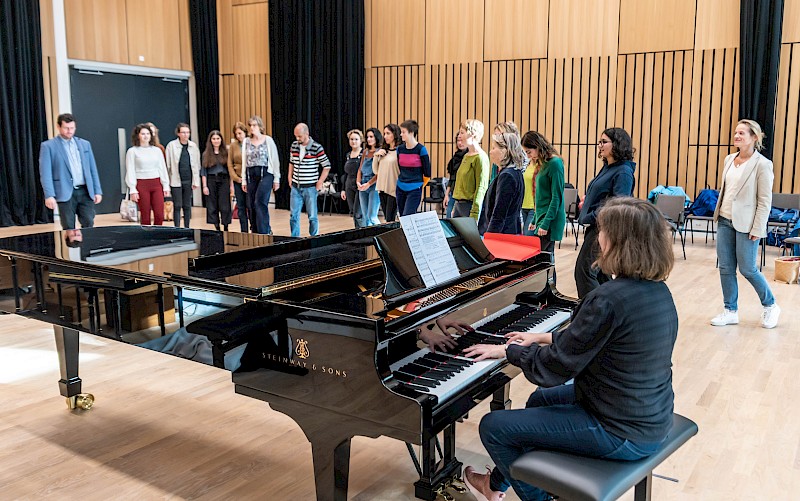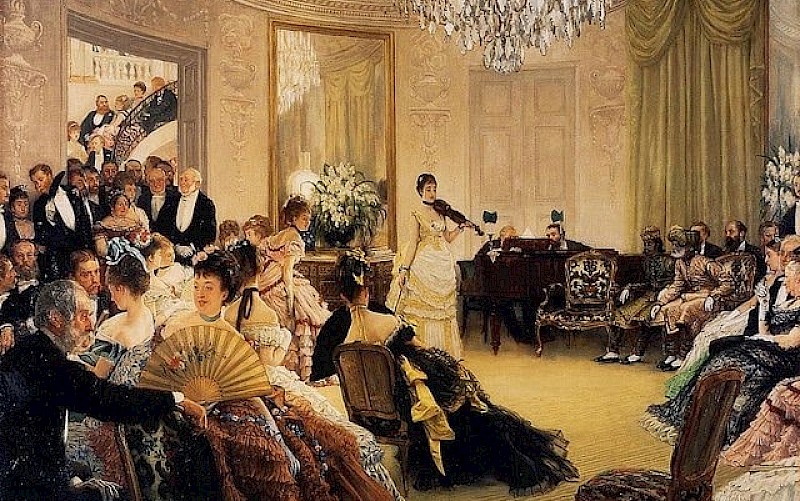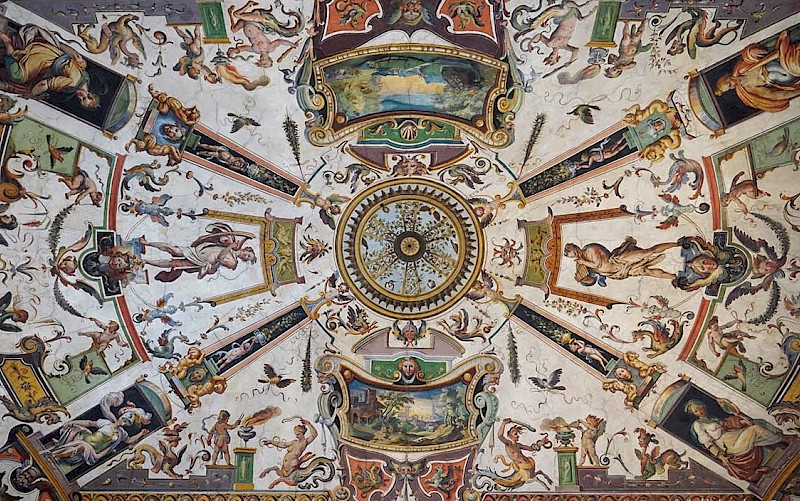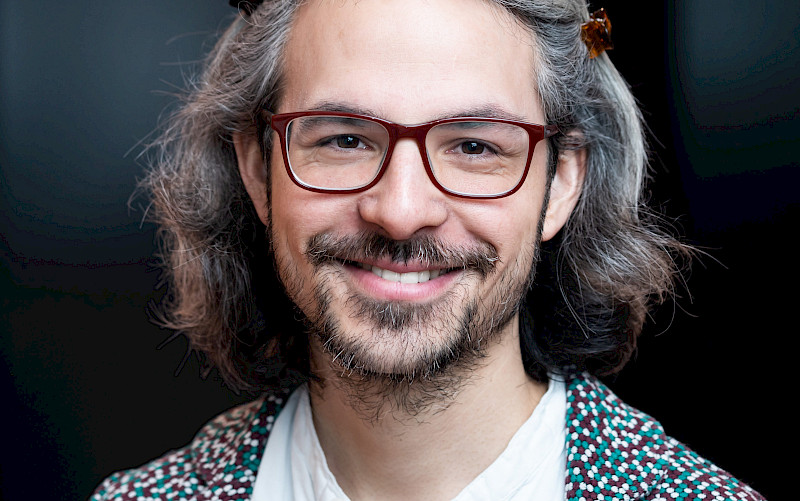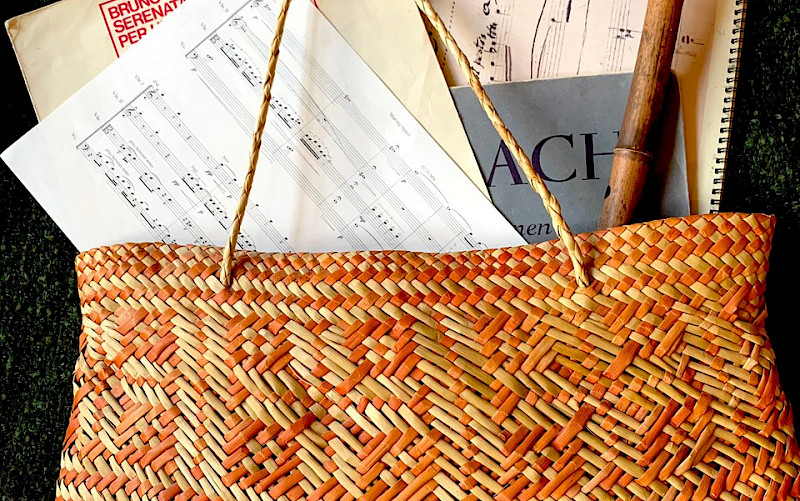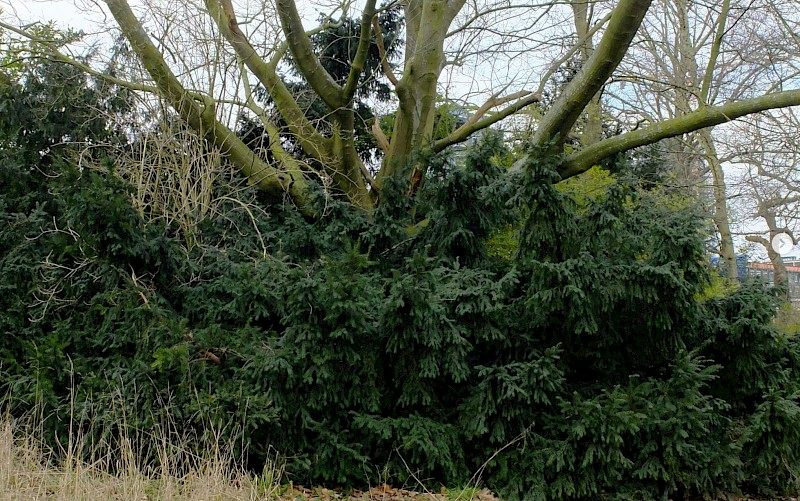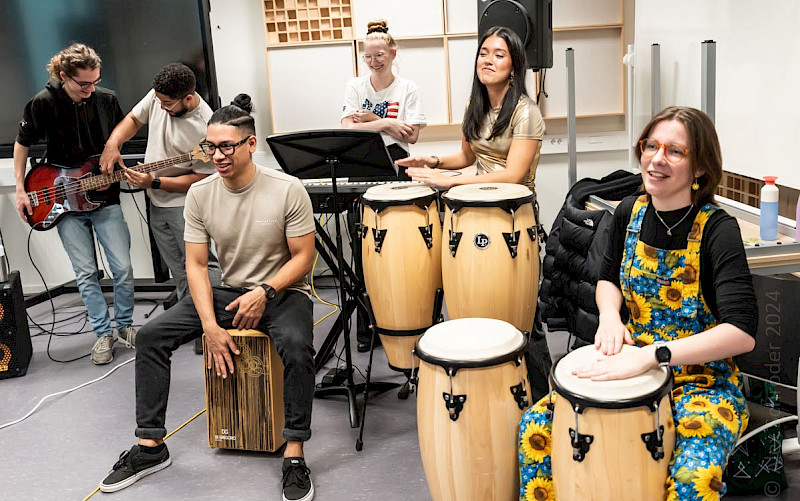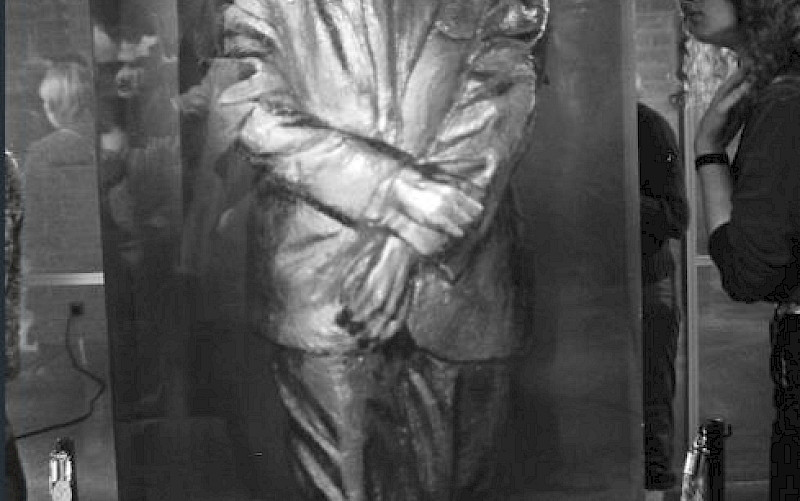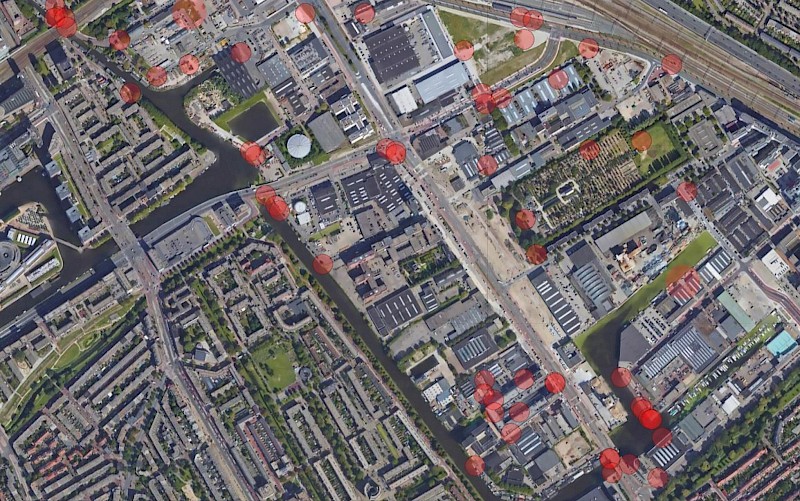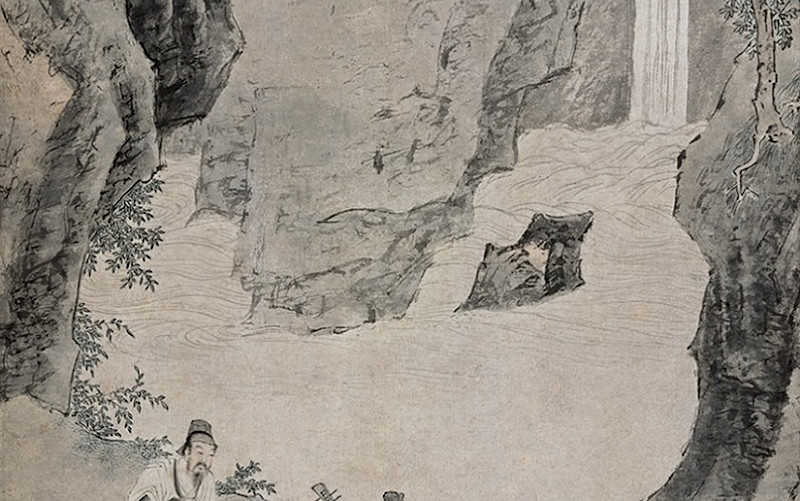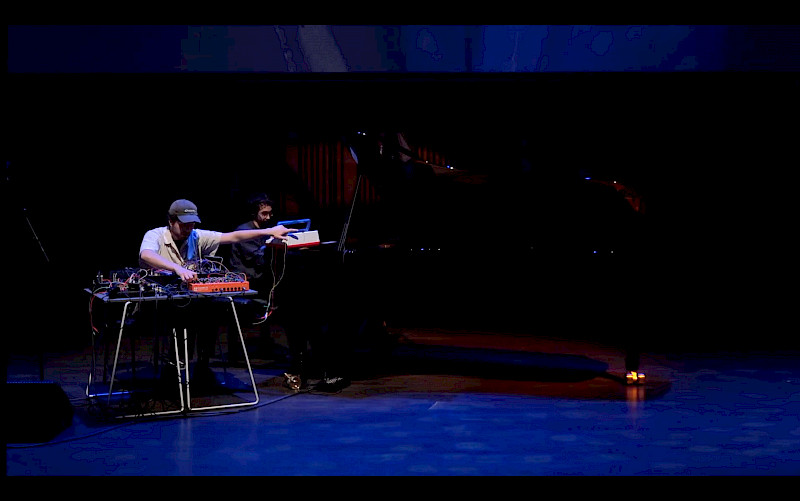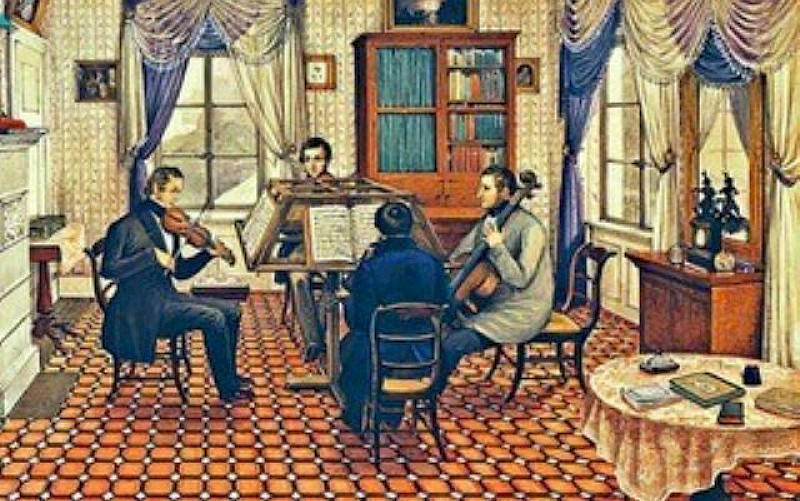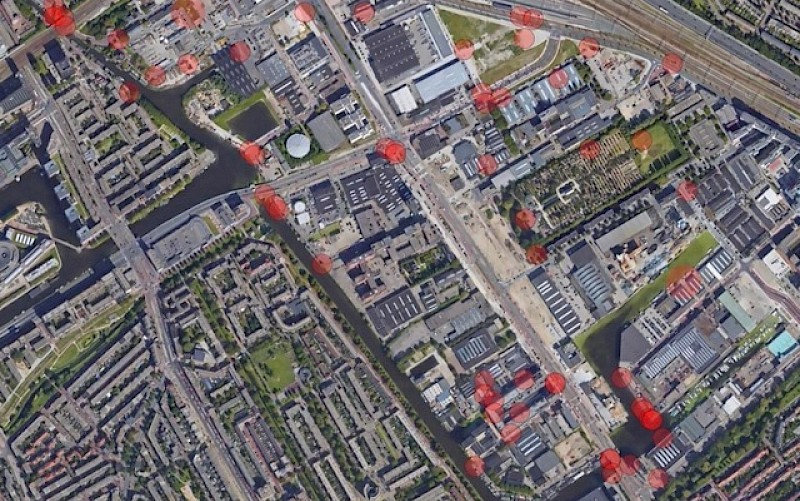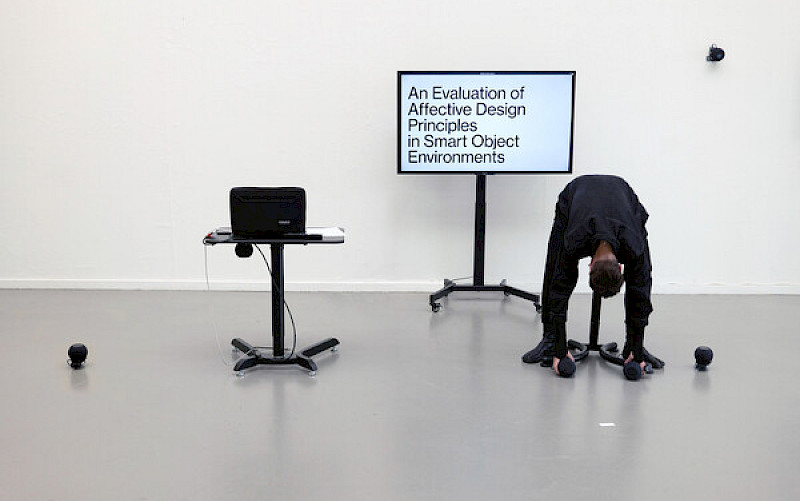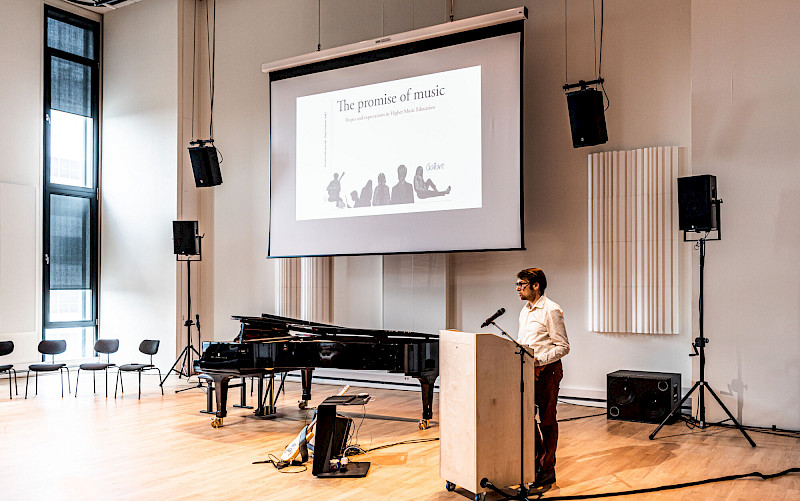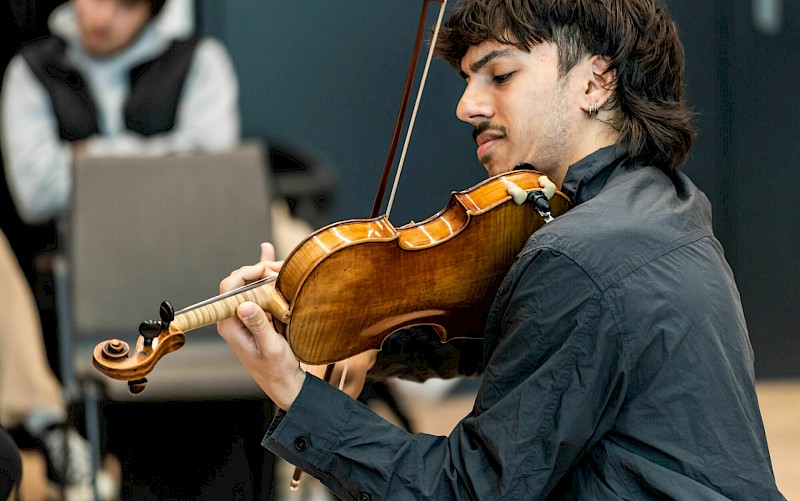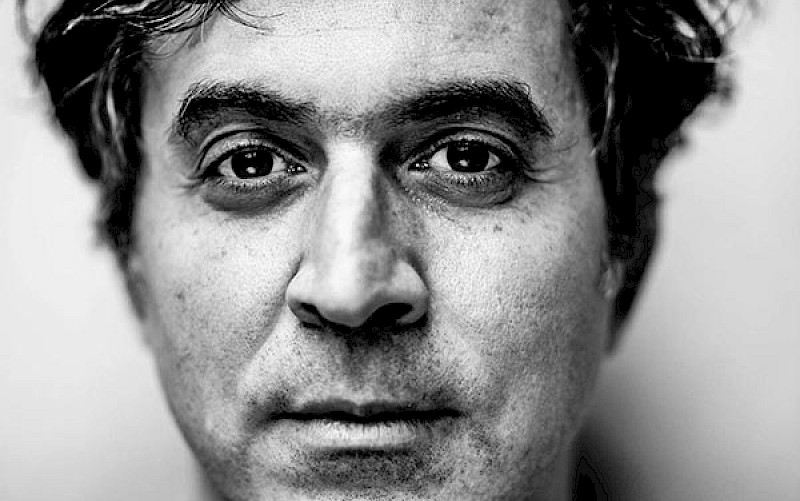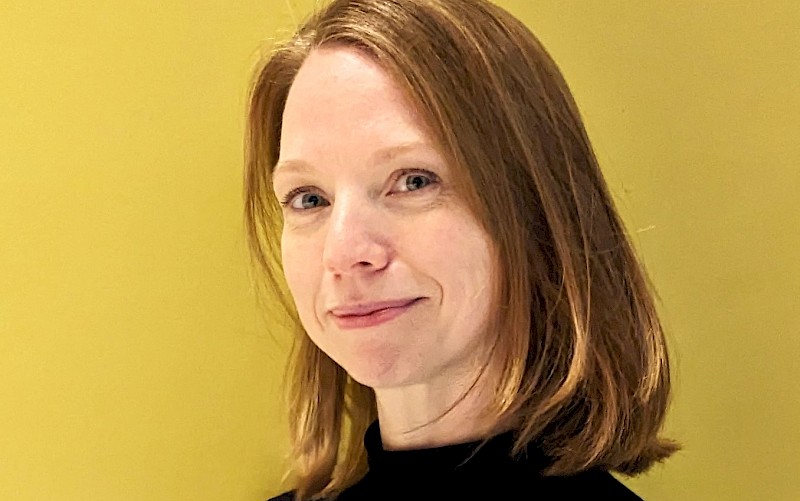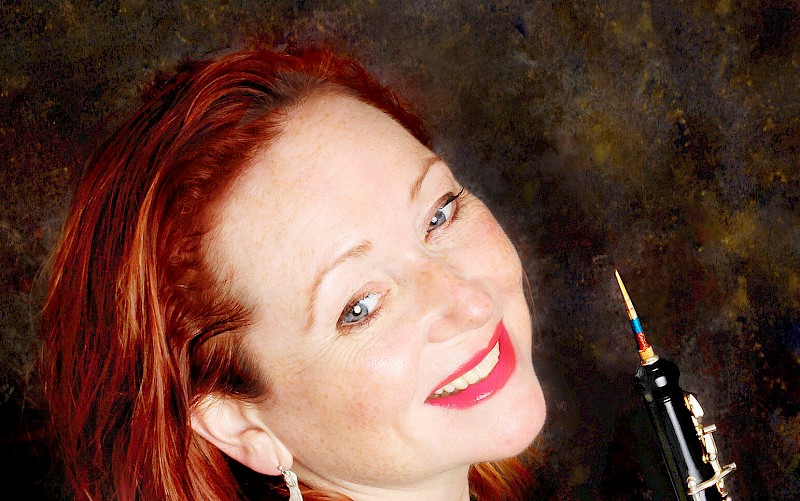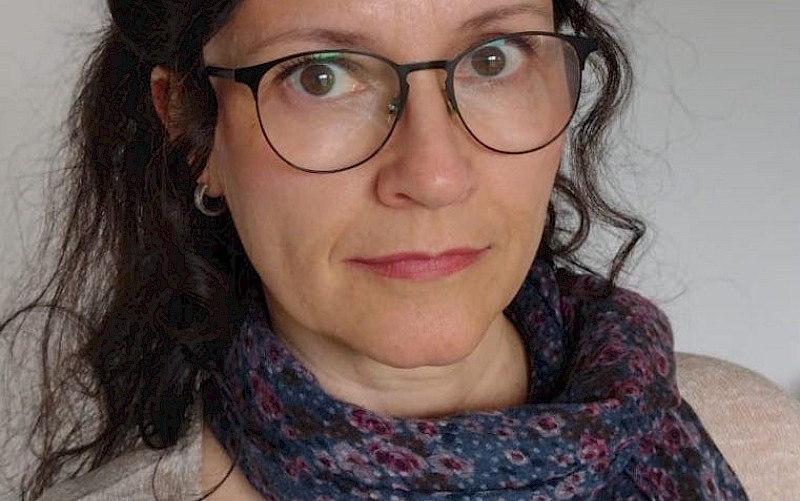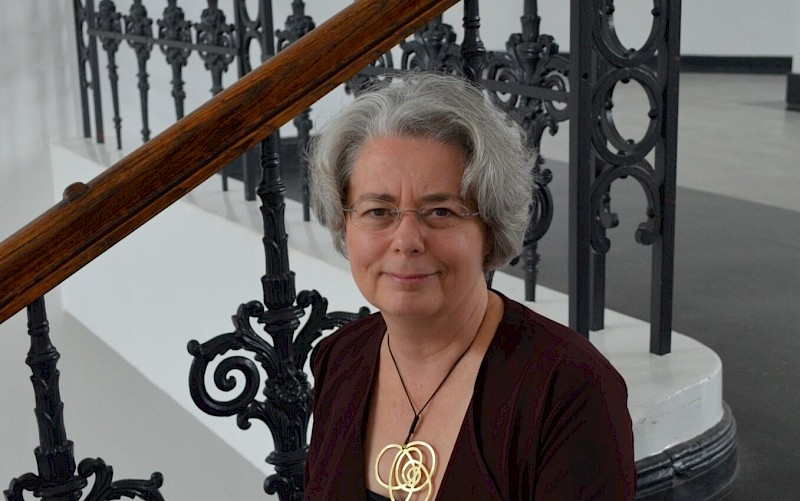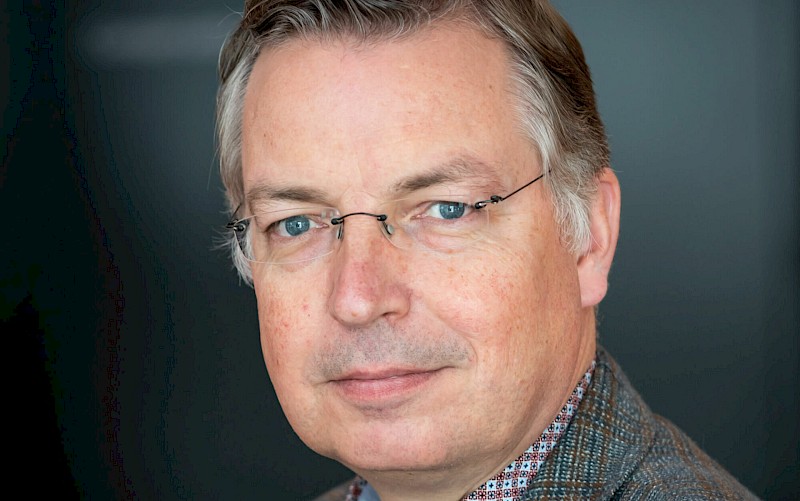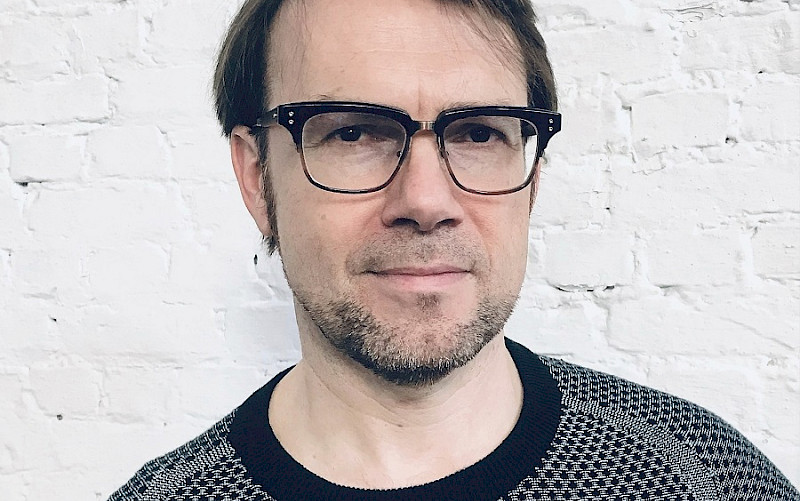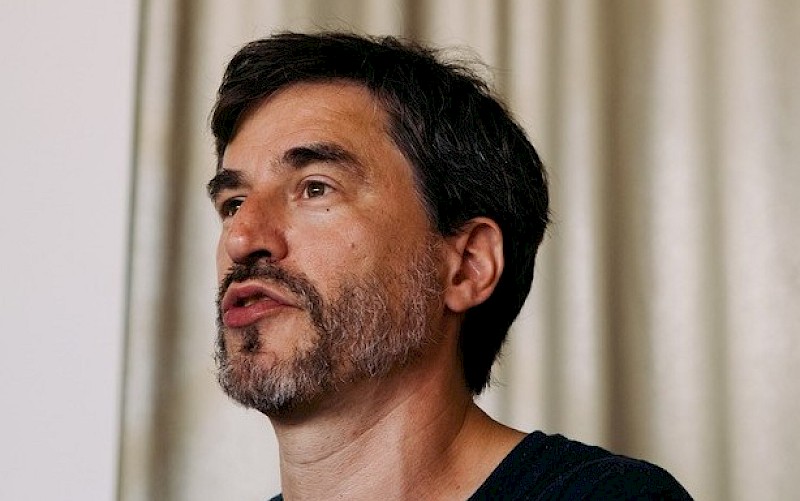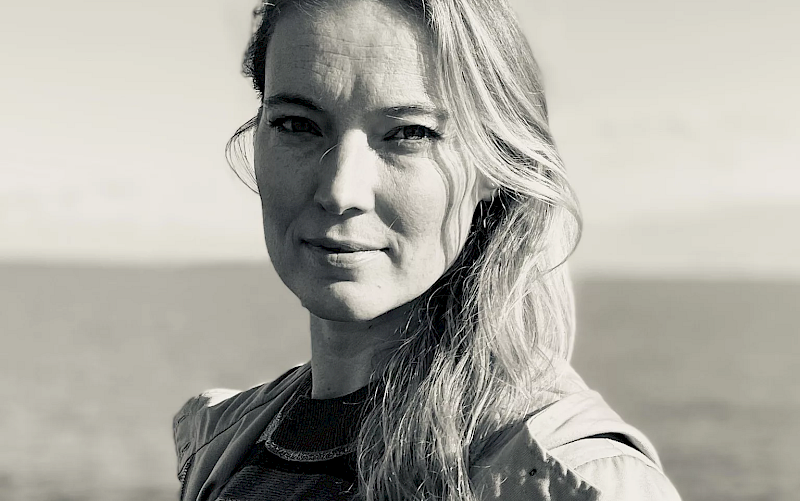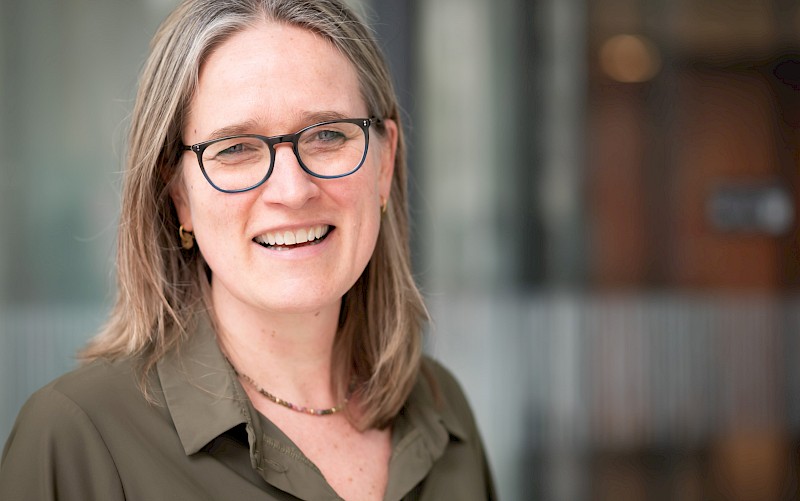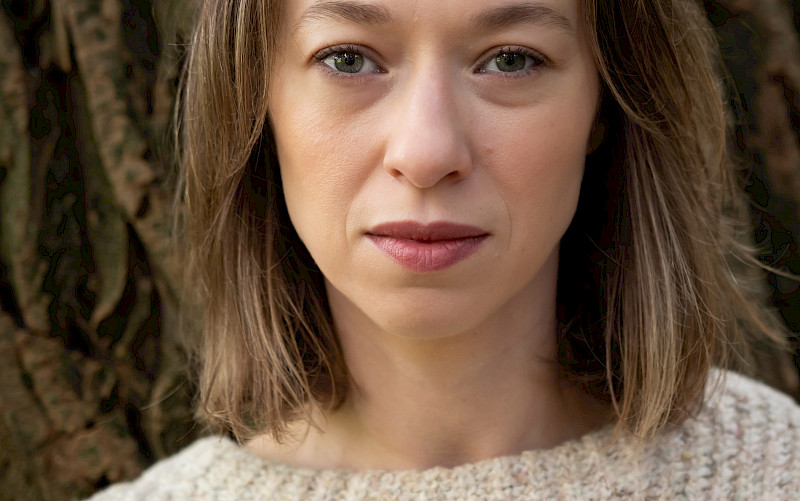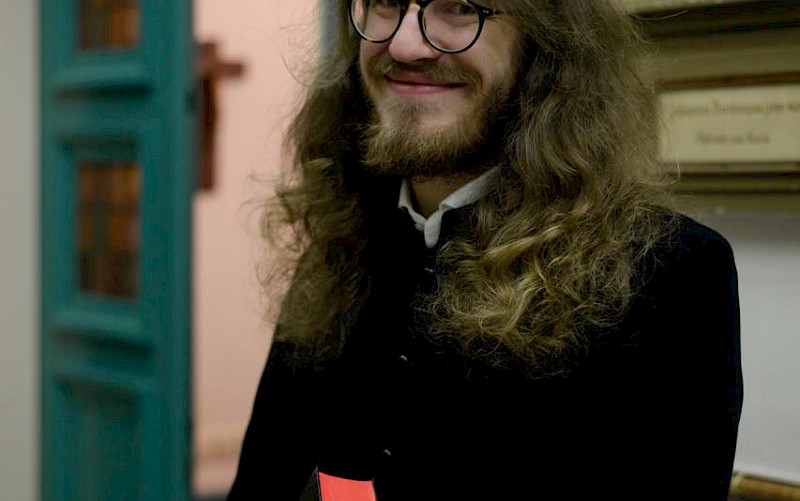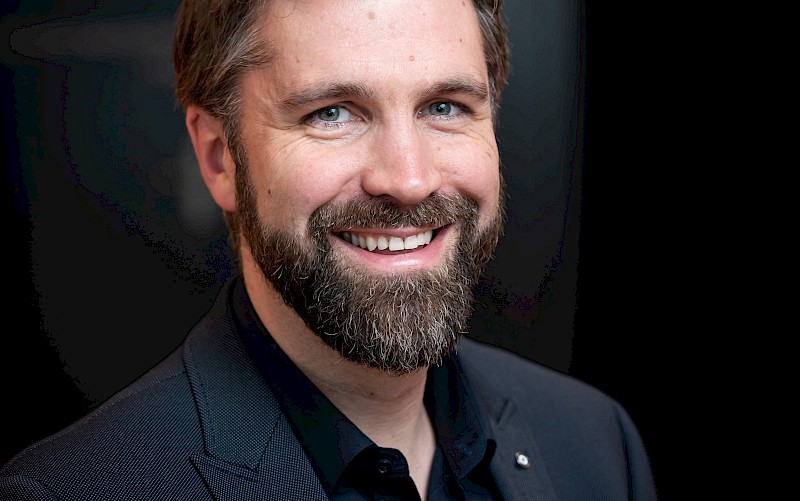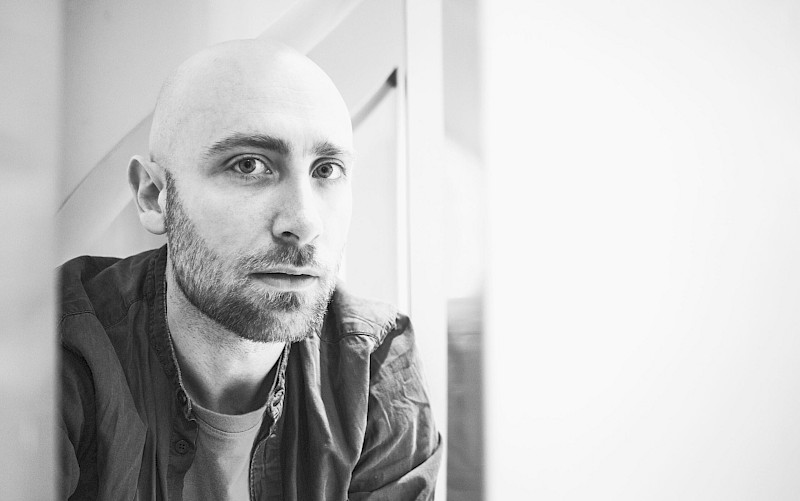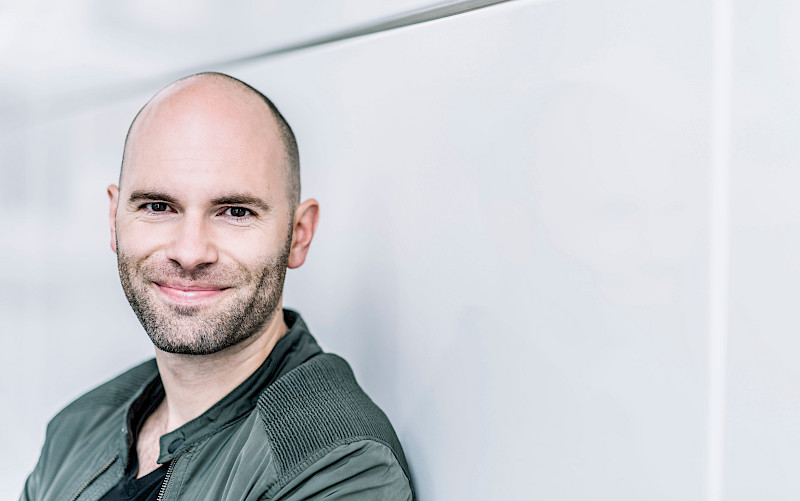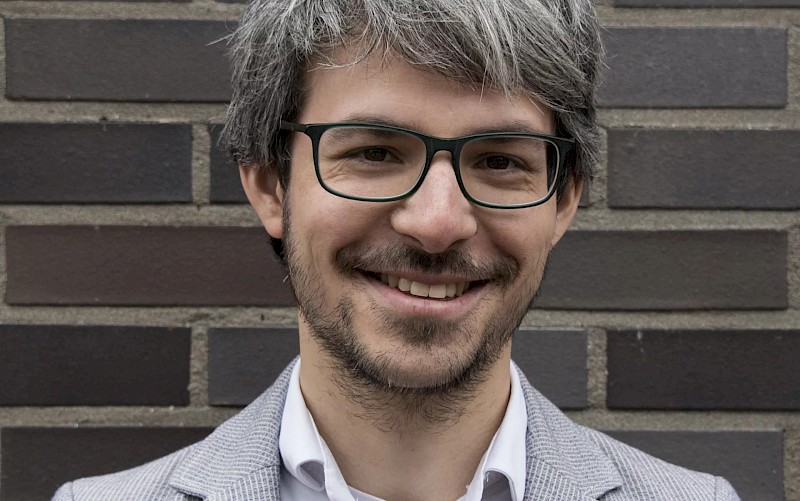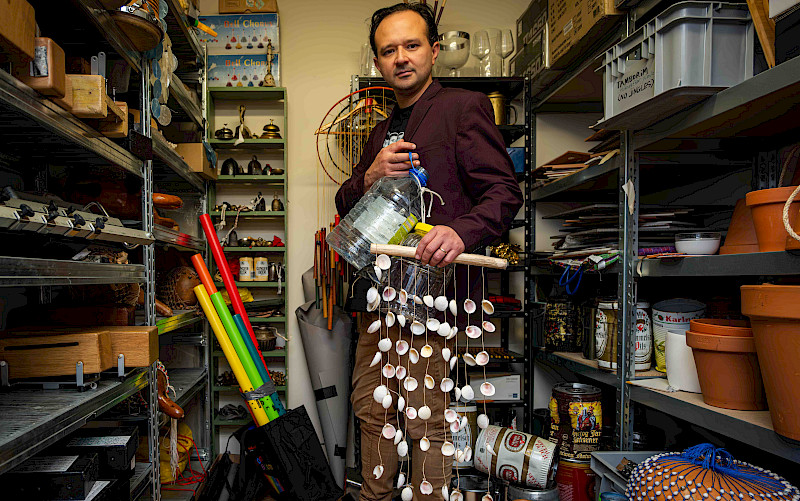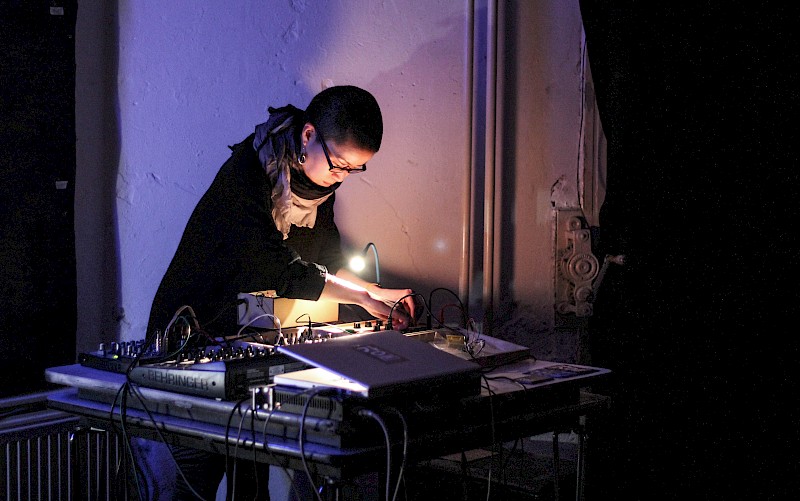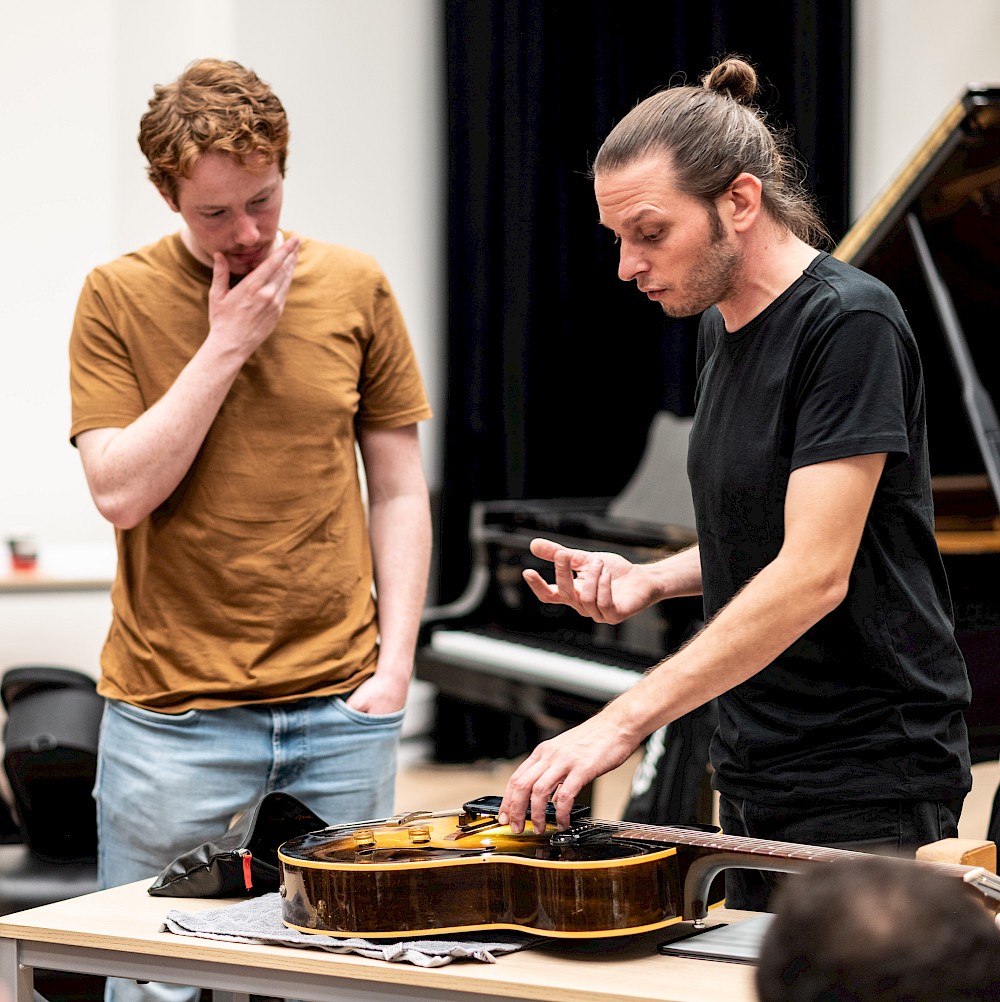
Main subject teachers and their role in the Master of Music curriculum
In response to changes in the musical landscape, the Royal Conservatoire The Hague has in recent years implemented a Master Project in its Master of Music curriculum. One of the important stakeholders in the Master Project approach is the main subject teacher. To find out how they see their role and how this curriculum change is experienced, semi-structured interviews with main subject teachers have taken place which were analysed using qualitative thematic analysis. Results show that teachers have personal views and ideas when it comes to their role, responsibilities and connections to the wider curriculum. In terms of the Master Project, a campaign plan is needed to continue raising awareness and solidify the shared language which is needed to make this curriculum change a complete success.
Summary
Context: Due to international changes in the musical landscape and the professional practice, Higher Music Education (HME) is facing challenges regarding thoroughly preparing students for their future. In a response to this, the Royal Conservatoire in The Hague has undergone a curriculum reform to ease the transition from study to the professional world by offering master students the opportunity to work on what is meaningful for their personal future and offer skills and tools to make this a reality: the Master Project. The Royal Conservatoire has woven an overarching Master Project within its Master of Music curriculum encompassing three elements: artistic development, research and professional integration. The Master Project philosophy fits within current developments within HME, with a move towards student-centred learning, as the student is in the driving seat of the Master Project and is expected to have agency and take responsibility to connect the three elements. This curriculum innovation took place in recent years and the Master Project is now fully embedded. Talks with alumni, feedback from students and other anecdotal evidence shows that the Master Project is a successful concept. As a conservatoire which is constantly evaluating and in development, the question arose how this curriculum innovation settled with our instrumental/vocal/composition main subject teachers and if the Master Project philosophy has affected the way they teach.
Method & analysis: To collect individual perspectives and reflections of the teachers, semi-structured interviews were selected as a method. Qualitative thematic analysis consequently led to the following five overarching themes with sub-themes:
|
Theme |
Sub-theme |
|
1. Sign of the times |
1.1 Old system versus new system |
|
1.2 Balance within one-to-one setting |
|
|
2. Individual views & approaches |
2.1 Important matters for teachers |
|
2.2 Teachers’ responsibilities |
|
|
2.3 Bachelor & master approaches |
|
|
2.4 Teachers’ views on a master programme in general |
|
|
3. Master Project and living up to expectations |
3.1 High expectations of students: a Dutch concept in the English language |
|
3.2 Conservatoire’s expectations of teachers |
|
|
4. Master Project implementation |
4.1 Master Project awareness & terminology – shared language |
|
4.2 Master Project praise & limitations |
|
|
4.3 The main subject lessons and the Master Project |
|
|
4.4 The main subject and the research and professional integration domains |
|
|
4.5 Master Project Network: a shared responsibility? |
|
|
5. Institutional culture |
5.1 Curriculum context: knowledge of courses |
|
5.2 Curriculum ideas & future of the profession |
|
|
5.3 International learning environment: international stereotypes? |
Preliminary conclusions: Teachers have personal views on their role and responsibilities. They have varied outlooks on what a master programme and master student should be about. While teachers have moved to a more coaching and student-centred approach in the one-to-one setting, the master-apprentice approach appears to be tenacious as according to teachers, several students are expecting and/or asking for this approach. Striking a professional yet personal balance within this setting continues to be a point of attention. Regarding the curriculum as a whole, while some teachers place a high value on and are protective of the main subject with its one-to-one setting, others expressed an interest in becoming more involved in the wider curriculum, with one teacher calling for main subject teachers to fully integrate into the curriculum.
In terms of the Master Project curriculum development, it appeared there was no shared language as yet. This does not necessarily mean that there is no awareness of this curriculum development, it is simply talked about differently. How can we move from a personal, highly individual vision per teacher to a shared and ideally negotiated language where the basic terminology is clear, widely shared and used by teachers and students? It became evident that teachers were more aware of the research domain than the professional integration domain. The teachers had a shared view of what it takes to complete a Master Project successfully, and think the Royal Conservatoire has high expectations of master students. Most teachers agreed that it would be good to communicate with their students’ Master Project Network, to get a clearer picture of their student and to inform their teaching. Finally, teachers are in a greater or lesser degree involved in their students’ Master Project as it depends on the type of student, the teacher and the Master Project topic itself if and how the Master Project becomes part of the main subject lesson.
Future steps: This research project has led to a list of recommendations for the Working Group Master curriculum, to further involve and engage the large group of main subject teachers, to continue developing and growing the Master Project within the full KC community. It will be paramount for our next bachelor curriculum reform to involve teachers at an earlier stage to raise awareness, create ambassadors, and negotiate a shared language.
The full research report is only accessible to internal users of the KC portal on the Research Catalogue. If you are interested in finding out more about this research project, please contact Marijn Abbink on m.abbink@koncon.nl.
